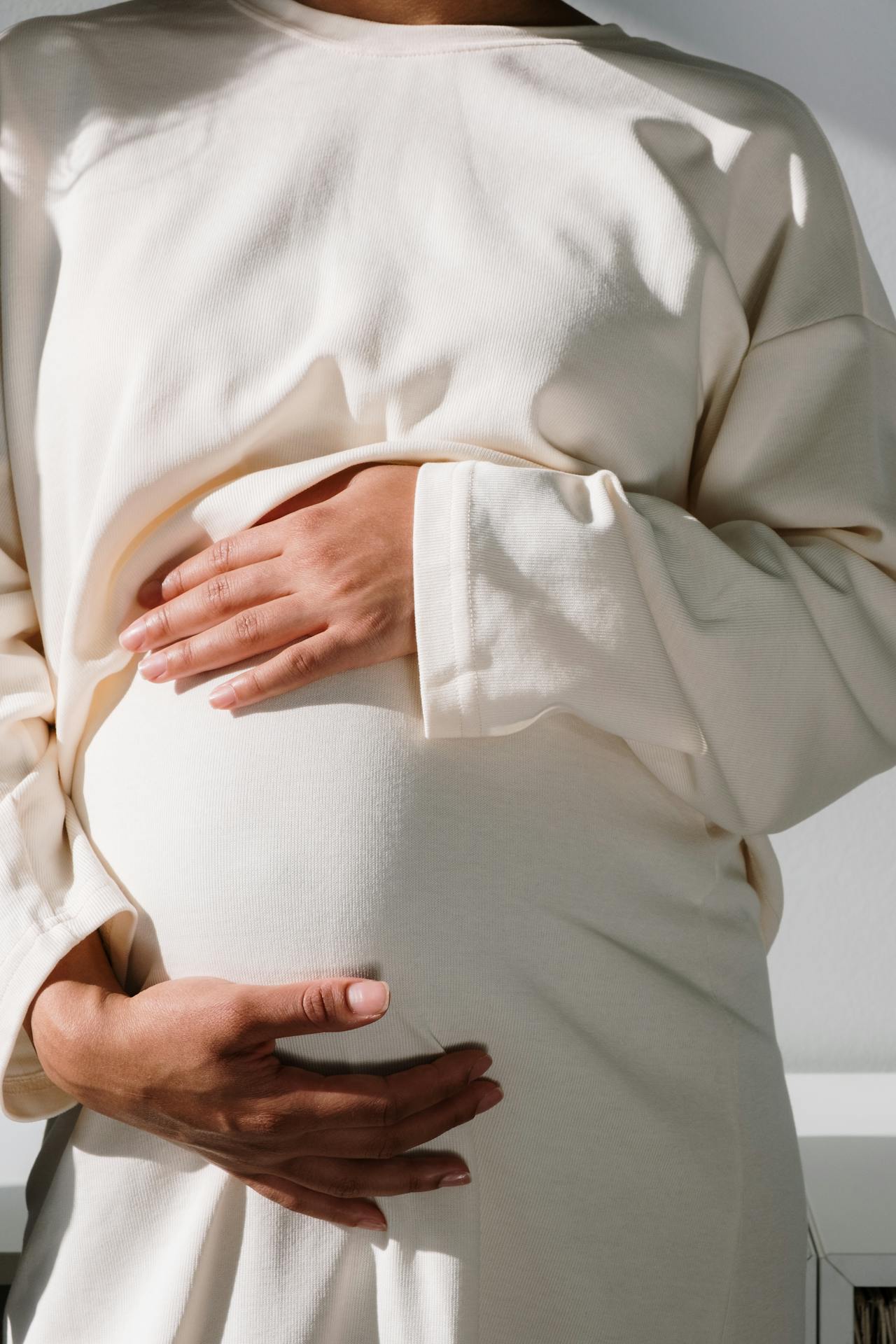
Teenage pregnancies in South Africa: What are the dangers?
Teenage pregnancies in South Africa have reached alarming rates. Out of more than 122,000 teenagers who gave birth in the past year, 2,716 were girls between the ages of 10 and 14.

Teenage pregnancies in South Africa have reached concerning levels, with over 122,000 teenagers giving birth in the last financial year. Among them, 2,716 were girls aged 10 to 14. Experts highlight the serious risks these young girls encounter when becoming pregnant at such an early age.
Medical risks for girls and their babies
Professor Ismail Bhorat, the president of the South African Society of Obstetricians and Gynaecologists (SASOG) stated that pregnant teens and their unborn babies face unique medical risks, as reported by IOL.
He highlighted the lack of proper prenatal care as a significant risk. In many cases, pregnant girls hide their pregnancies and do not seek medical attention for essential screenings.
Proper prenatal care includes screening for medical problems in the mother that can impact the pregnancy and diagnosing foetal anomalies. It is also important for the diagnosis of any genetic problems and to monitor the baby’s growth.
“Prenatal vitamins, for example folic acid, is ideally taken preconception which is important in preventing certain birth defect such as spina bifida.”
Professor Ismail Bhorat
Pregnancy at a young age poses a higher risk of developing medical conditions like high blood pressure. Despite this affecting the pregnant girl, it could also affect the unborn child, e.g. causing premature birth. According to Professor Bhorat, the risks of respiratory, digestive, vision, and cognitive conditions are higher in premature births.
Psychological issues associated with teenage pregnancies
Professor Mergan Naidoo from The University of KwaZulu-Natal’s Department of Family Medicine highlighted that teenage pregnancies often result in unplanned deliveries and abortions, both legal and illegal.
Psychological risks include depression, PTSD, sleep disorders, and anxiety. In the case of terminating a pregnancy, mental disorders are more common in younger girls having abortions.
Professor Naidoo also stated that pregnancy experiences lead to long-term effects. A traumatic delivery can cause damage to the female genital tract, and illegal abortions can cause severe genital tract problems.
Psychological trauma can have long-term repercussions.
DA raises concerns
In addition to 2 716 girls between the ages of 10 and 14 giving birth, 1 226 terminated their pregnancies.
Alexandra Abrahams, Democratic Alliance (DA) Member of Parliament, raised her concerns about teenage pregnancies in SA highlighting that the statistics present two alarming issues. Firstly, it raises concerns about the lack of education about safe sex in schools. Secondly, it brings to light the lack of sufficient investigations into obvious cases of sexual assault.
